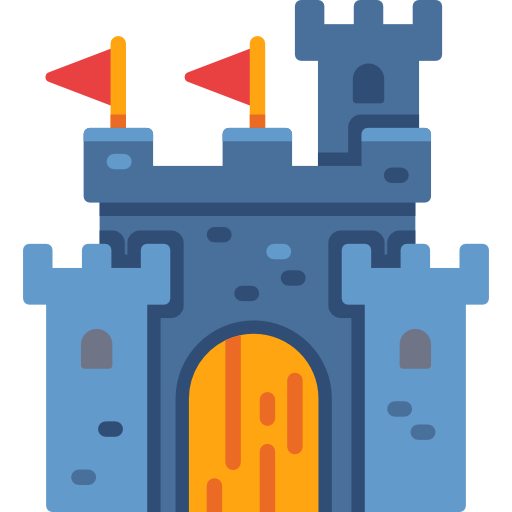Dramatised / Pretend Play

Imaginative pretend play and socio-dramatic play are used as a play based counselling method. Imaginitve prentend play is a form of play that allows active out-of-situations and dramatising life events in a safe and non-threatening environment. Socio-dramatic play is a form of pretend play that involves social skills and verbal and non-verbal interaction between two or more people.
According to Geldard et al. (2014) and Schoeman (1996) dramatic or pretend play has the following advantages:
- Externalise thoughts, ideas and wishes
- The child experiences power and mastery
- THe child develop insights into events
- Builds self-esteem
- It is an opportunity for emotional expression
- Teaches new handling strategies
- Improves communication
Music Play

An assortment of different musical instruments, recorder music or even music made by the body are used as a therapy method.
According to Oaklander (2006), music has the following advantages:
- It is an alternative way of communication, using rhythm, tone and sound, and a child can express over and over the things that he / she cannot say in words
- It is a strong trigger for emotions and memories
- It can express emotions in ways that cannot be otherwise expressed
- It can reach deep-seated emotions and memories
- It is suitable for children with issues of control
- It involves and strengthens children in a holistic manner
Puppet Play

Puppet play is one of my favourite methods of play as it gives a child the chance to be the puppet and really identify with the puppet. It therefore gives them greater distance and safety (Blom, 2006).
The following are advantages through puppet play (Blom, 2006; Geldard et al 2014; Oaklander, 2007; Schoeman 1996):
- It provides safety and distance
- Children can be themselves through the puppet
- It enhances communication and dialogue
- It provides a multi-dimensional picture of the child
- Puppets strengthens the sense of self
Through puppet play the following goals can be reached:
- It helps children to gain mastery over their issues and events
- It help them feel powerful through physical expression
- They develop skills in problem solving and decision making
- They develop social skills
- It enhances communication (Geldard et al., 2014)
Biblio-Play

Biblio-play is a form of play that includes the use of collages, written words, poems, letters, reading books, diaries and life books. It helps children to develop insight and reduce feelings of isolation and stigma. The metaphors that are used in stories also provides a safe symbolic world and provides role models. Stories are often used to enhance the motivation to change behaviour and to teach social and problem-solving skills and new handling strategies. (Schoeman & Van der Merwe, 1996)
Creative Play

Creative play includes the use of clay, drawing, collage making and painting. Through the use of these mediums children can express their feelings and thoughts and concerns in their creations. It gives them a safe, non-threatening medium of releasing and expressing their feelings. It also helps with the enhancement of mastery and control.